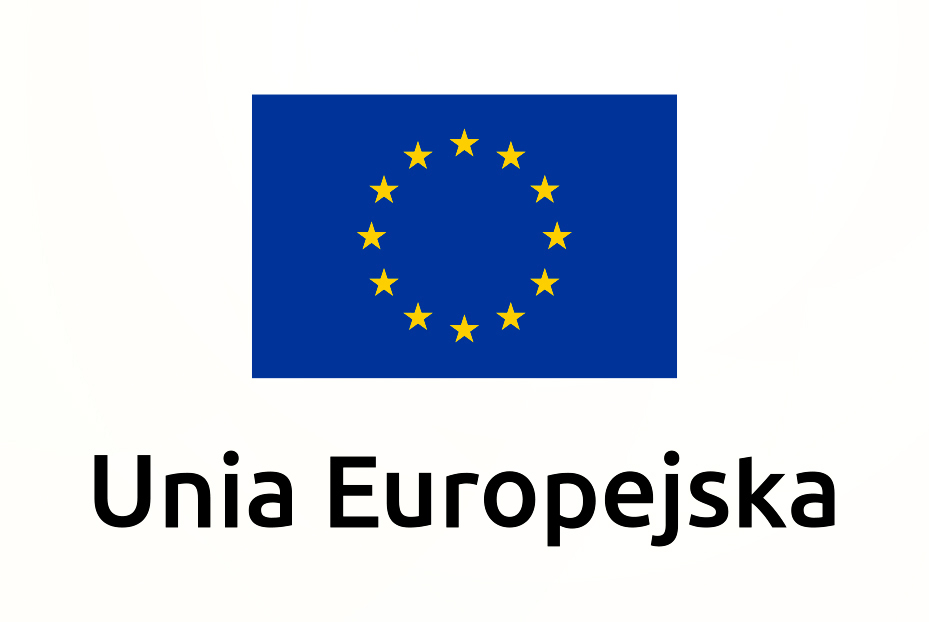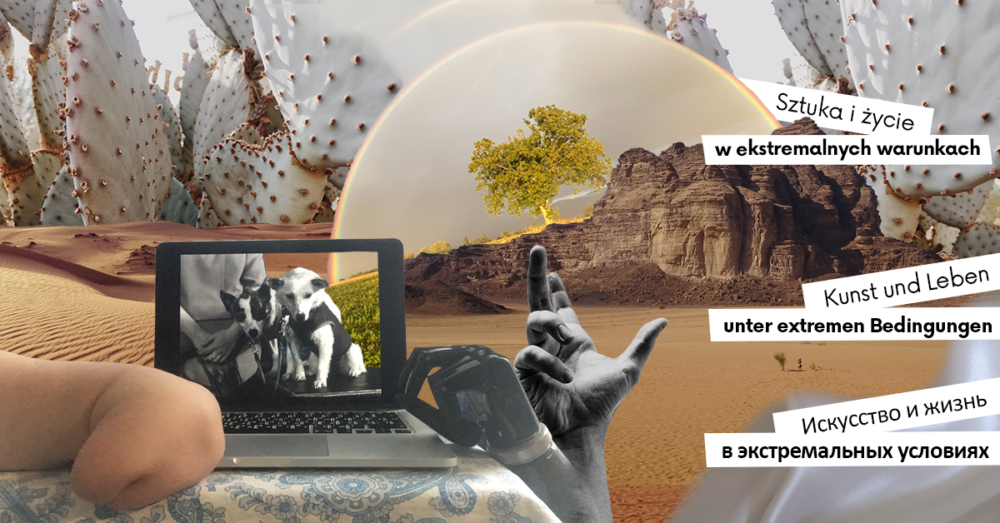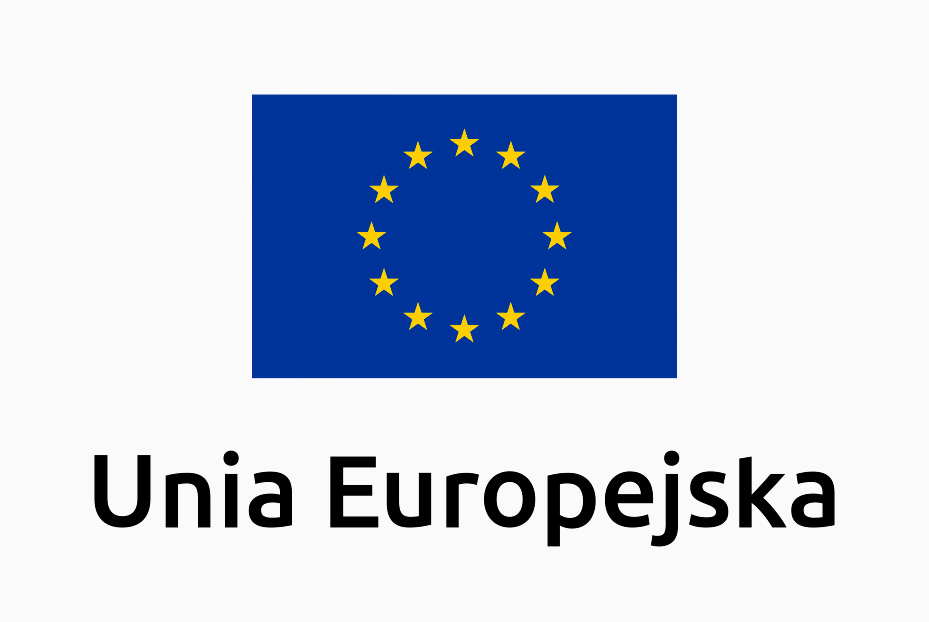GER version: Kunst und Leben unter extremen Bedingungen
RU version: Искусство и жизнь в экстремальных условиях
The online webinar will take as its starting point the situation faced by the artist and activist Yulia Tsvetkova, who became a political prisoner in Russia as a result of her intersectional emancipatory endeavours. in Poland feminist activists are taken to court for their protest against the ban of abortion and for the rights of LGBTQIA+ community. We still live in structures that devalue the lives of certain people. In Germany an employee killed 4 disabled persons in an care residence. In Russia, there are still psycho-neurological boarding houses where people are locked without any chance to fulfill sometimes even the basic needs. The life of about 160 000 - 220 000 people takes place in those non-spaces behind high fences.
Isolation and exclusion techniques are based on a so-called “norm”, which means fully abled, white, masculine body with high economical and cultural capital. This is clearly visible in the way the institutions operate, with their architectural and content-related exclusions.
Ableism is connected to the other forms of oppression, like misogyny or homophobia. Political prisoner, artist and human rights activist Yulia Tsvetkova shows this holding a poster with the question: “But are you normal?”. The fact that the norm is changeable and fluid is not spelled out even in the UN Convention on the Rights of Persons with Disabilities. To what extent can the work of activists and artists be sustainable if it takes place only within the framework of the norm? The year 2021 has shown that it is still worth talking about basic human rights. Ableist structures open a way to violence and different relationships of unequal and unfair dependency.The way out is to identify and implement practices that counteract any form of discrimination.
During the online discussion on July 24, we will discuss such practices with artists and activists from Poland, Germany and Russia who work differently with the topic of access. They explore and challenge structures of exclusion and isolation in everyday life. The aim of the webinar is to support ways of sustainable collaboration and to support each other in work on democratising access in cultural institutions and beyond them.
Participants:
Katrin Nenasheva (Moscow, Russia) - artist, human rights activist and co-founder of the psychoactivist (mad) movement in Russia and the "Psychoactivno" project, participant and one of the founders of the theatrical project "Cargo 300".
Sofia Savina (Komsomolsk-on-Amur, Russia) - student, feminist, former performer of the youth activist theater "Merak", created by political prisoner, artist and activist Yulia Tsvetkova, one of the creators of the “forbidden” play "Pink and Blue"
Miriam Cochanski (Berlin, Germany) - theater pedagogue, director, performer, personal assistance employer
Elżbieta Podleśna (Warsaw, Poland) - psychologist, psychotherapist, social and human rights activist living in Warsaw. She is more widely known for spreading modifications of the image of the Virgin Mary of Częstochowa in a rainbow halo, which led to her detention by the police and accusations of insulting religious feelings.
Katarzyna Żeglicka (Warsaw, Poland) - feminist, activist, performer, certified WenDo self-defense and self-confidence trainer for women and girls, member of the Article 6 collective.
Moderation: Kira Shmyreva and Zofia nierodzinska.
Translations: Natalia Bucholska, Aleksander Gazarian, Vica Kravtsova, Irina Bondas, Marcin Turski
There is no translation in easy language and no audiodescription.
The event is supported by Foundation for Polish-German Cooperation, as well as German Foreign Office.


